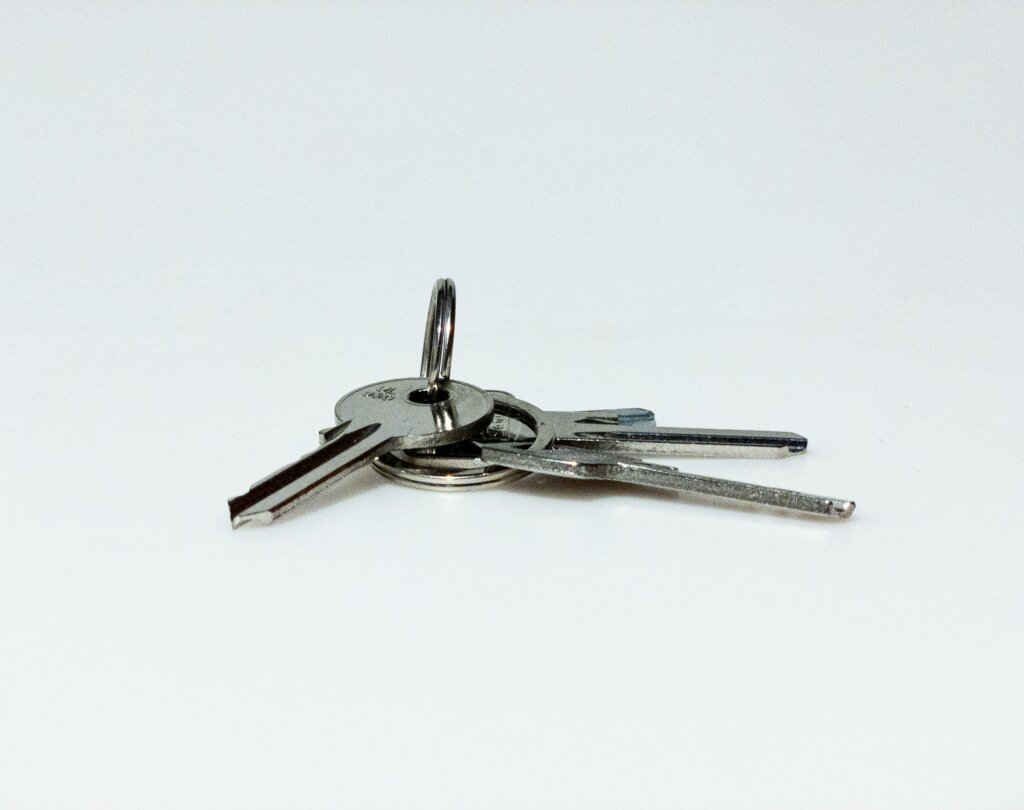
Local homeowners facing foreclosure, don’t tackle the process alone! In this comprehensive guide, we’ll give homeowners the rundown on everything they need to know about the foreclosure process, from notice of default to the late stages. Help with foreclosure is possible, and now’s the perfect time for seller’s behind on mortgage payments to make the most of a cash home sale!
For first-time home buyers, falling 3-6 months behind on mortgage payments isn’t a scenario that most consider. Bills pile up fast, and before long, resources are exhausted and the mortgage still isn’t getting paid on time.
The walls begin closing in, and the happiest time of a homeowner’s life transforms into a financial nightmare. What options exist for homeowners six months (or more!) behind on house payments?
Homeowners who’ve asked the bank for extensions, loan adjustments, and continued hardship assistance, where else is there to turn? Apprehensive in-laws–again?
With homelight.com reporting all-time high housing prices and an average nationwide gain of $33,400 in equity per homeowner last year, it’s a great opportunity for sellers facing foreclosure to receive a profit and eliminate home loans for good.
Help with foreclosure is available to both local and regional homeowners, no matter which stage of the foreclosure process they’re facing. With our updated foreclosure guide, sellers can get the help they need with foreclosure now—in as little as 72 hours! Keep reading to find out how other homeowners facing foreclosure solved their financial burdens in as little as one month.
What Exactly Is Foreclosure, and How Can Homeowners Get Help with Foreclosure in San Antonio?
It’s like the homeowner’s boogeyman—a term that most are familiar with and have learned to fear. However, for homeowners facing foreclosure in Texas or the surrounding states, there’s no reason to run screaming just yet.
Foreclosure is the legal process that lenders use to seize property and secure an outstanding loan. Learning how the Texas foreclosure process works can arm homeowners with the knowledge they need to navigate the situation and come out the other side unscathed.
Early Stages of Foreclosure: Notice of Default
Before US law required a notice of default, homeowners could be foreclosed on without any warning.
In fact, it has happened in the past few years—at least one bank has accidentally foreclosed on the wrong property and kicked people out of their houses without due process or warning. It has even happened around San Antonio!
Unexpecting homeowners are probably wondering what a notice of default is in the first place, so here’s the short answer: a foreclosure notice of default is a document that’s filed by a lender to formally begin the foreclosure process. The notice of default is a critical step within the foreclosure process, granting people with an interest in the property a chance to step forward and claim their right before it’s too late.
The foreclosure notice of default must be sent to anyone who has an interest in the property, including any other loans, lenders, or even contractors who are owed money for work done to the property. Additionally, the foreclosure notice of default must also be published in a newspaper and physically posted in a prominent place on the property itself.
It’s important not to panic after receiving a notice of default in San Antonio, but homeowners shouldn’t delay either; time is of the essence, and sellers should take action sooner than later. Help with foreclosure exists for different stages in the process, so keep reading to find out which options are available to take advantage of today!

How to Avoid Foreclosure in Mid and Late Stages
There are a few stages that are important to any foreclosure process, and these procedures work differently around the country according to state law. During this time, homeowners have the opportunity to seek help with foreclosure before the process advances any further.
While sellers look for potential ways to avoid foreclosure, the state begins one of the following processes, both of which are the primary methods utilized to foreclose on a property: judicial sale and power of sale.
In either scenario, foreclosure typically doesn’t go to court until 3-6 months of consecutive missed payments. Before homeowners can be removed from their property, lenders will usually (but not always) send out several notices—including a notice of default or preforeclosure—to confirm the homeowner’s in arrears (overdue or behind on payment).
Judicial Foreclosure (Or Judicial Sale):
- Mortgage lenders must file suit in the court system
- Homeowners must receive a letter from the court demanding payment
- Assuming the loan is valid, homeowners have 30 days to bring payment to court to avoid foreclosure (and sometimes that can be extended)
- If the required payment isn’t met, a judgment will be entered and the lender can request a sale of property—usually through auction
- Once the property is sold, the sheriff serves an eviction notice and forces the homeowner to immediately vacate the property
Power of Sale (Or Non-Judicial Foreclosure):
- The mortgage lender serves homeowners with papers demanding payment, and the courts are not required—although the process may be subject to judicial review
- After the established waiting period has elapsed, a deed of trust is drawn up and control of the property is transferred to a trustee
- The trustee can then sell the property to the lender at a public auction (notice must be given)
Anyone who has an interest in the property must be notified during either type of foreclosure. For example, any contractors or banks with liens against a foreclosed property are entitled to collect from the proceedings of an auction.
What Happens After a Foreclosure Auction?
After a foreclosure is complete, the loan amount is paid off with the sale proceeds.
Sometimes, if the sale of the property at auction isn’t enough to pay off the loan, a deficiency judgment can be issued against the borrower. A deficiency judgment is the bank’s judgment against the borrower for the remaining funds owed to the bank on the loan amount after auction.
Some states limit the amount owed in a deficiency judgment to the fair value of the property at the time of sale, while other states will allow the full loan amount to be assessed against the borrower.
Here’s a great resource for help with foreclosure that lists the state-by-state deficiency judgment laws, since each state varies.
Generally, it’s best to avoid a foreclosure auction. Instead, contact the bank, or work with a reputable real estate firm like Texas Home Buyers Group to help negotiate a discount off the amount owed!
We buy houses in San Antonio, TX from people who need help with foreclosure FAST!
Here Are a Few Essential Tips to Keep In Mind When Facing Foreclosure:
1. Stay Calm
Tip one might seem obvious, but it’s probably our most important piece of advice.
Anyone facing foreclosure is dealing with a lot of stress beyond their home. These situations don’t happen overnight, and foreclosure is a lengthy process that takes time to resolve. To get through it, practice healthy coping techniques and focus on the things in your life you can control. Panic leads to rash decisions, so stay cool.
2. Gather Helpful Resources
There are a number of non-profit and government resources available to homeowners facing foreclosure.
Foreclosure is a complicated process, so don’t try to handle all aspects alone. Homeowners want good legal and tax advice provided by trusted professionals along the way.
3. Review All Options
We’re here to help with foreclosure and provide homeowners with practical foreclosure solutions.
At Texas Home Buyers Group, we buy houses with cash. We can help owners with short sales and even rent-back situations so they may be able to keep living in their homes. There are more options available than one might think, so contact us today and explore available options!
4. Communicate with Lenders
Believe it or not, the banks involved don’t want to foreclose on properties. They want money, and what homeowners say can have a large impact on how a lending institution handles the case. Homeowners can slow down or stop the foreclosure process if they take the appropriate action.
At Texas Home Buyers Group, we specialize in buying homes fast—it’s what we do. For San Antonio homeowners that need help with foreclosure, this means a quick home sale and cash in hand by next month!
Experienced investors can help negotiate directly with banks to lower the amount owed in sale—or even eliminate it, regardless of how much is owed.
Find out your home’s worth and see if a direct sale with Texas Home Buyers Group is right for you. It’s free, and we’ll have a cash offer ready within 24 hours.
No obligation. Get started below.

